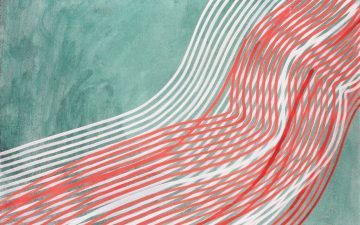Rowan Williams in New Statesman:
 This wonderful book might be read as a long meditation on WH Auden’s notorious throwaway comment in his elegy for WB Yeats: “Poetry makes nothing happen.” John Burnside’s first chapter engages directly with this maxim, patiently showing us what it does and does not mean in its context. Auden is not shrugging his shoulders and accepting a place for poetry at the neglected margins of social life. Rather he is making a stark distinction between the ways in which human beings try to “make things happen” – the feverish efforts at political and technological control – and the tough imperative to find ways of echoing “the music of what is” in word and gesture.
This wonderful book might be read as a long meditation on WH Auden’s notorious throwaway comment in his elegy for WB Yeats: “Poetry makes nothing happen.” John Burnside’s first chapter engages directly with this maxim, patiently showing us what it does and does not mean in its context. Auden is not shrugging his shoulders and accepting a place for poetry at the neglected margins of social life. Rather he is making a stark distinction between the ways in which human beings try to “make things happen” – the feverish efforts at political and technological control – and the tough imperative to find ways of echoing “the music of what is” in word and gesture.
The language that “makes things happen” in this context is the language of the Twitter feed, the advertising pitch, the chanted slogan at the rally or party conference (more and more indistinguishable from the advertising and entertainment world), the oafish put-down in parliamentary “debate”, the incomprehensible burble of policy documents and “values statements”.
As Auden says, poetry is “a way of happening”. It takes the passage of time, the reality of loss, the absorption in a sharpened kind of seeing or hearing, and makes all these into speech that can survive (as Auden also insists) and help others survive. Its task of “turning noise into music” is thus irreducibly political, a sustained resistance to commodified, generalised language and the appalling reductions of human possibility that this brings with it. Far from being a decorative adjunct to social or public life, it represents the possibilities to which all intelligent and humane social life should point. “Poetry saves the world every day.”
More here.
